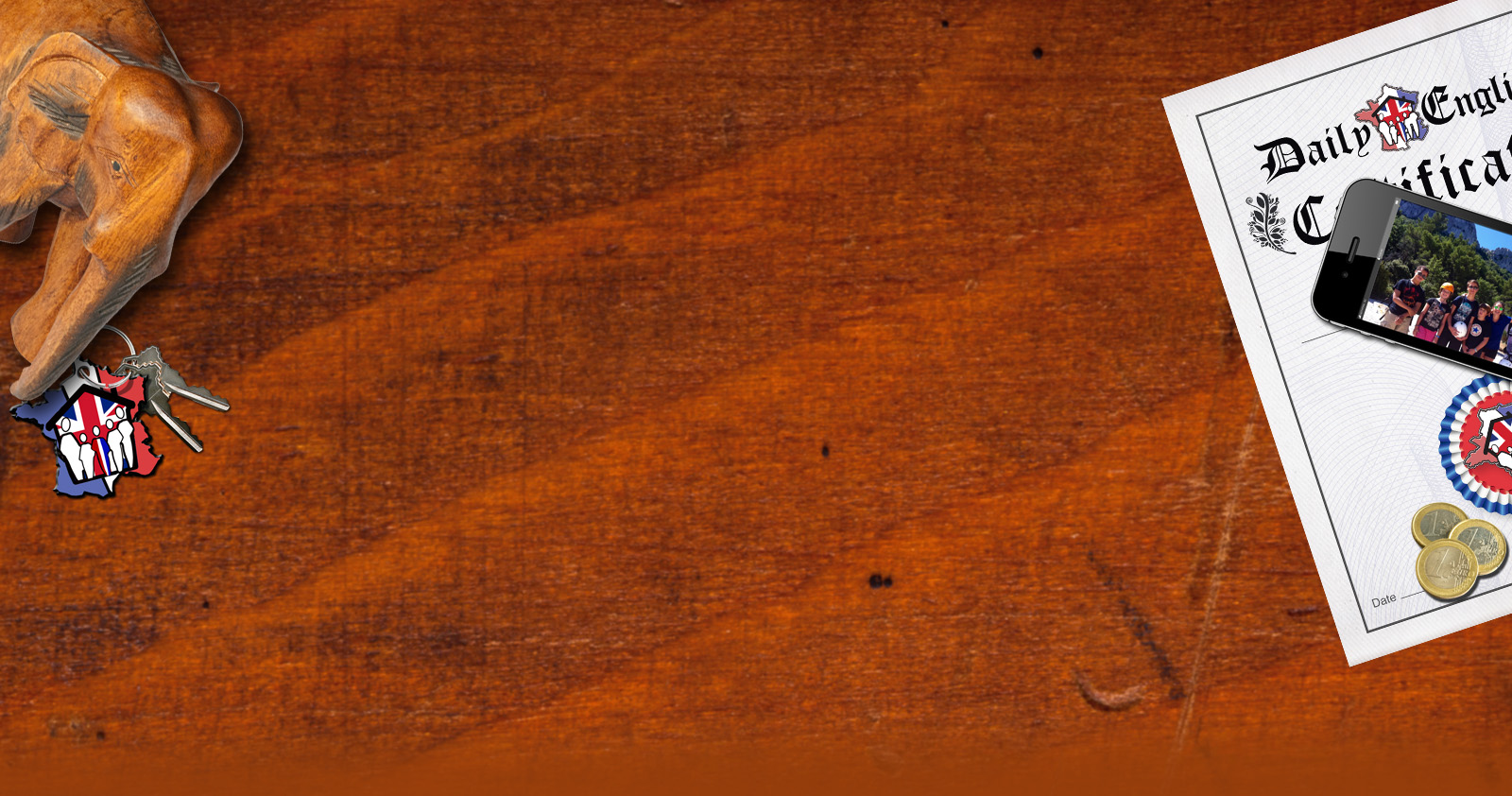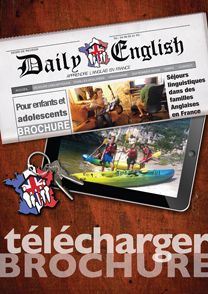Learning English can be a great experience or a painful one, depending on the teaching style you choose. For children, who may not yet understand the benefits a new language can bring, it is especially important to include fun elements in the learning process to keep them motivated and engaged. Not quite sure where to start? These are our favourite interactive games to learn English, tailored to the requirements of three different young learner age categories:
Ages 5-8
For young children, basic, clear and simple games are key. Even if the game itself would be suitable for children of this age, the addition of a foreign language means that you need to keep things simple. Err on the side of caution to begin with and start with very basic games - if things go well you can always add more complex elements later on.
Memory
A classic game, memory is the perfect way to memorize vocabulary in a fun and interactive way. To play the game as a language game, you'll need one teacher to every two children playing, to check their answers and correct them if necessary. Set up the game as you would normally, but this time, when a child turns over a card, they have to say the word that goes with it in English. This will help them to associate the word with the object, rather than with a word in their native language, making for a more immediate learning experience that is great at this age.
Hangman
A simple game like hangman is perfect to teach children basic spelling, without boring them to death! Hangman can be played anywhere as long as you have a marker and a piece of paper, and it's a great way to get children excited about spelling. Start with simple words and then throw in some more tricky ones for an extra challenge.
Ages 9-12
Children age 9-12 need activity and excitement to keep them focused and engaged. You can start to introduce more complex vocabulary into the game, depending on the level of your students, without overwhelming them. The competitive element in both games with make sure that your students will be motivated to do their best!
Competitive flashcards
Equipment:
- Cardboard/thick paper for flashcards
- pen/marker
A more language-based version of the memory game for younger ages, this game will teach students to associate a word in English with a word in their own language. Have students create the flashcards themselves from their vocabulary lists or textbooks, and make sure to include some verbs and abstract concepts as well as nouns for objects. The cards can be used in different ways - for individual practice but also for collaborate or competitive games.
If you want to create a classroom competition, divide the class into groups, and give each group an equal stack of flashcards. In the first round, each student in a group will be offered a flashcard in turn. If they answer correctly, they keep the card, if not, it will be placed on the bottom of the stack. Continue until the entire stack is gone. The winner of the group is the student with the most cards. Keep a separate set of advanced flashcards aside for the final between the winners of each group to add to the difficulty level.
Pictionary
Equipment:
- Chalkboard & chalk/ whiteboard & marker/ pen & paper
- English vocabulary cards
- Timer
A great way to learn nouns in a fun and interactive way, all you need to play Pictionary with your students is a set of cards with nouns in English and a chalkboard, whiteboard or pencil and paper. Split your students into two or more groups. Taking turns, each student will take a card and attempt to draw the word on their card (without showing it to his or her teammates) on the board. Each student gets 45 seconds to draw while their teammates try to guess the English word on the card.
Ages 12 and up
At this stage in language learning, students will be able to include more complex concepts into their language games. Charades is a great way to train verbs and abstract concepts, while a scavenger hunt can provide many different opportunities to include prepositions, verbs, adjectives and other components.
Charades
Equipment:
- English vocabulary cards
- Timer
A more complex version of Pictionary, Charades is great for slightly older students with a better grasp of abstract concepts and verbs as well as more complex nouns. Dividing students into two groups, have each group take a vocabulary card in turn and act it out. As with Pictionary, each turn lasts only 45 seconds. This is a great exercise to really impress the meaning of a word in English on a student, as they search for ways to express what it sounds like, what it looks like, what it does, etc. For the rest of the team, it's a great way to test their knowledge of vocabulary.
Scavenger hunt
Equipment:
- Pen & paper
- Treasure (a bar of chocolate)
One of the best ways to include many different aspects of the English language, the scavenger hunt can be tailored to suit your students' level. In an outdoor space (such as a back yard, school playground or auditorium), set up a series of clues linking one spot to the next. These clues will take the form of pieces of paper with a description (in English of course) for how to find the next clue. For example, one clue might read "under the table in the garden". If your students have a higher level, have some of the clues include a challenge they have to pass to be given the next clue, for example "jump on one leg while holding your right hand in the air", or "tell me ten things about your family". Little by little, the clues will lead the winner to the treasure. If you have several students, you can divide them into two teams, each with a different set of clues to lead to the same spot. The team that gets there first will win the prize!
Who am I?
This is a great game to play around the dinner table and can be enjoyed by everyone, English learners and teachers alike! It's also the perfect way to relax after a long day on one of our English immersion homestays. On a piece of paper, write the names of famous people (just make sure your students are likely to know them). Each person receives a card, which he or she cannot look at, and sticks it on their forehead. They then have to deduce the name on their card by asking the other players questions, for example "Am I dead or alive?" or, "Did I marry the Prince of Wales?" Each person gets one question per round, continuing until they feel they can guess the name on the card.
Whether your students are just starting out or have been learning English for a longer time, these language games are the perfect way to get them excited and engaged in the learning process. While the games work in classroom settings, they are ideal for smaller, more intensive language training as well, such as immersions. If you're interested in trying out new approaches and combining more classic teaching methods with fun games and activities, why not look into becoming an English immersion host family in France?








